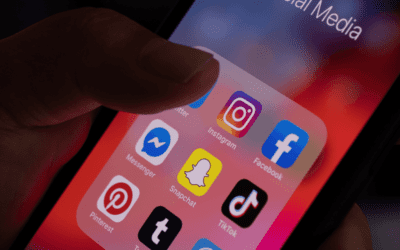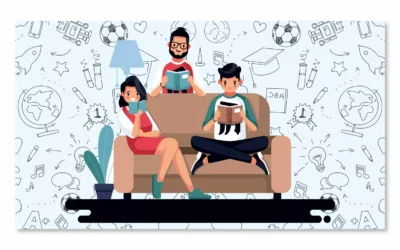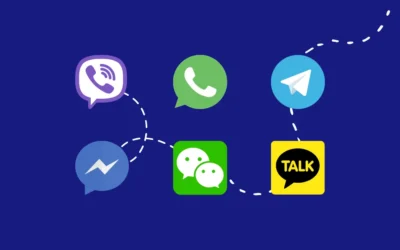LinkedIn has released updated content guidelines, emphasizing professional insights and reducing the visibility of promotional posts and engagement-driven tactics.
The platform’s algorithm now prioritizes posts that provide valuable professional content, such as industry insights and career advice, while limiting the reach of posts that focus purely on engagement-bait tactics. Posts that include personal perspectives alongside shared content are also more likely to perform well compared to simple reposts.
What to Post
LinkedIn’s algorithm favors content that offers professional value, including:
•Industry insights
•Career development advice
•Business guidance
•Professional news
•In-depth market analysis
Content related to industry updates, career tips, and business strategies tends to be shared beyond a user’s immediate network. To help users create more engaging posts, LinkedIn has launched a microsite that offers tips and tools for crafting standout posts and growing a strong following on the platform.
What to Avoid
LinkedIn has identified certain types of posts that may not be well-received by the broader community:
•Promotional or Off-Topic Content: Posts that focus solely on selling products or services without offering meaningful insights or professional knowledge are discouraged. LinkedIn suggests adding useful tips or sharing personal experiences alongside promotional content to provide value.
•Engagement Bait: Posts that explicitly ask for likes, shares, or comments without delivering valuable content are considered engagement bait. This includes reaction polls, tagging for attention, and using irrelevant hashtags.
•Unoriginal Content: While resharing valuable posts is acceptable, simply copying and pasting others’ content without adding your own unique insights is not recommended. LinkedIn encourages users to offer personal perspectives to make reshared content more valuable.
•Unconstructive Posts: Content that sparks dismissive or negative conversations can hinder productive discussions and damage relationships. LinkedIn strives to maintain a respectful and professional environment for all users.
•Adult and Sensitive Content: Content such as non-sexual nudity or graphic images related to injuries or death is generally unsuitable for LinkedIn, as it may cause discomfort among users.
Best Practices for Engagement
To improve post visibility, LinkedIn advises:
•Adding personal insights when sharing others’ content
•Including practical industry knowledge in promotional posts
•Encouraging meaningful professional discussions
•Maintaining a civil, constructive tone in conversations
Looking Ahead
With these new guidelines in place, businesses may need to shift their focus from promotional content to posts that offer value to their audience. LinkedIn may continue to update these recommendations as it monitors emerging content trends and user feedback.




